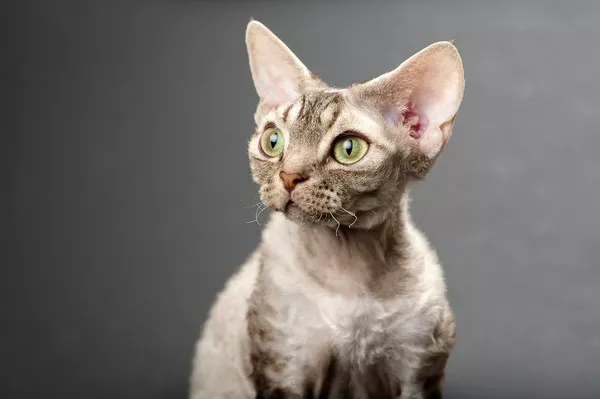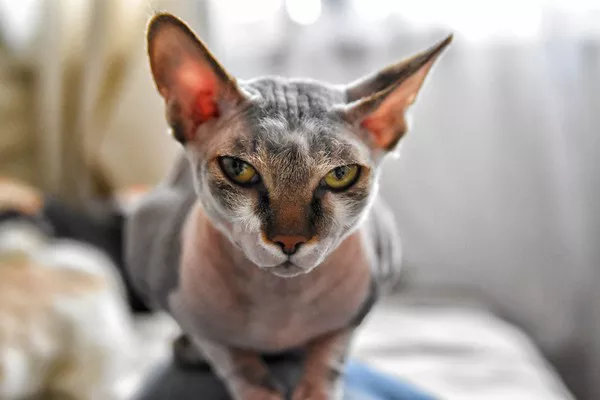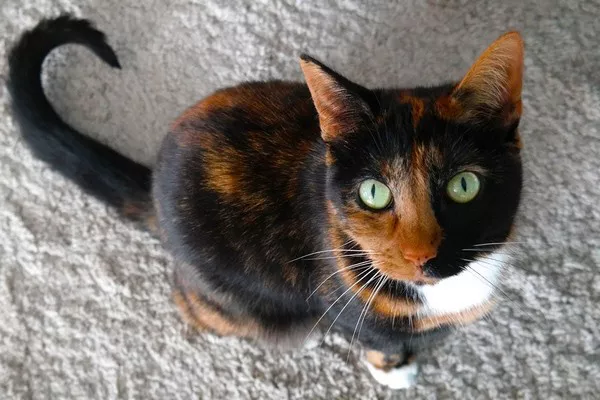Cats are known for their selective and sometimes finicky eating habits, but many pet owners find joy in sharing occasional treats with their feline friends. Cheese, with its rich and varied flavors, is a popular choice among humans. However, not all cheeses are suitable for cats, and pet owners must exercise caution to ensure their furry companions enjoy these dairy delights safely. In this comprehensive guide, we’ll explore the types of cheese that cats can eat, the potential benefits and risks, and tips on incorporating cheese into your cat‘s diet responsibly.
Understanding Cats and Dairy:
Lactose Sensitivity:
Cats, like many mammals, are born with the ability to digest their mother’s milk, thanks to an enzyme called lactase. However, as kittens grow and are weaned, their production of lactase decreases. Many adult cats become lactose intolerant, meaning they may have difficulty digesting lactose, the sugar found in milk and dairy products.
Cheese as an Occasional Treat:
While many adult cats may have difficulty digesting large quantities of dairy, including milk, cheese can be a safer option in moderation. Cheese is lower in lactose than milk, and certain types of cheese can be offered as an occasional treat for your cat.
Types of Cheese Safe for Cats:
1. Hard Cheeses:
Hard cheeses, such as cheddar, Swiss, and Parmesan, typically have lower lactose content than softer varieties. These cheeses can be offered to cats in small amounts as an occasional treat. The firm texture of hard cheeses makes them easier for cats to nibble on.
2. Low-Lactose Cheeses:
Some cheeses are naturally lower in lactose and may be more easily tolerated by cats. Examples include lactose-free or reduced-lactose cheeses. These specialty cheeses can be found in some pet stores and are formulated to be gentler on a cat’s digestive system.
3. Cottage Cheese:
Cottage cheese is another option that may be suitable for cats. It is generally lower in lactose, and its soft texture makes it easy for cats to consume. Ensure that the cottage cheese is plain, without added sugars or flavorings.
Potential Benefits of Offering Cheese to Cats:
Protein Source:
Cheese is a good source of protein, and cats require a protein-rich diet for optimal health. Offering small amounts of cheese as an occasional treat can contribute to their overall protein intake.
Palatability:
Many cats find the taste and texture of cheese appealing. Using cheese as a treat can be an effective way to administer medications or encourage a cat to eat if they are temporarily finicky about their regular food.
Enrichment and Bonding:
Sharing a small amount of cheese with your cat can be a bonding experience. It introduces variety into their diet and provides mental stimulation, especially if used as part of interactive play or training sessions.
Potential Risks and Considerations:
Lactose Intolerance:
The primary concern when offering cheese to cats is their potential lactose intolerance. If a cat is lactose intolerant, consuming even small amounts of cheese can lead to gastrointestinal upset, including diarrhea and stomach discomfort.
High Fat Content:
Cheese is generally high in fat, which can be problematic if offered in large quantities. Excessive fat intake can lead to obesity and digestive issues in cats. Moderation is key to avoiding potential health issues.
Additives and Seasonings:
Some cheeses may contain additives, seasonings, or herbs that are not suitable for cats. Always opt for plain varieties without added flavorings or spices. Additionally, avoid cheeses with high salt content.
Tips for Offering Cheese to Cats Safely:
Start Small:
If you’re introducing cheese to your cat’s diet for the first time, start with a tiny amount. Monitor their reaction to ensure there are no adverse effects, especially signs of digestive upset.
Choose Low-Lactose Options:
Opt for cheeses that are naturally lower in lactose or choose lactose-free varieties. These options are gentler on a cat’s digestive system and reduce the risk of lactose intolerance-related issues.
Avoid Processed Cheese:
Processed cheese products often contain additional ingredients that may not be suitable for cats. Stick to natural and minimally processed cheese options.
Monitor for Adverse Reactions:
After offering cheese to your cat, observe them for any signs of adverse reactions. If you notice vomiting, diarrhea, or changes in behavior, discontinue offering cheese and consult your veterinarian.
Incorporate into Meals:
Rather than offering cheese as a standalone treat, consider incorporating it into your cat’s regular meals. This allows for better portion control and integration into their overall diet.
See Also: Can Cats Eat Cheese? Feline-Friendly Facts
Conclusion:
While cats and dairy don’t always mix well due to lactose sensitivity, certain types of cheese can be a safe and enjoyable treat for your feline companion. Understanding your cat’s individual tolerance, opting for low-lactose varieties, and practicing moderation are key to safely incorporating cheese into their diet. As with any dietary changes, it’s advisable to consult with your veterinarian to ensure that cheese treats align with your cat’s specific health needs. With careful consideration and attention to your cat’s well-being, sharing a bit of feline-friendly fromage can be a delightful and rewarding experience for both you and your furry friend.


























